#useyourvoice: ‘He destroyed my face with acid so nobody would love me... but now I'm making my country a safer place ’ says Laxmi Agarwal
Laxmi was 15 when she was brutally attacked by a man furious she had rejected his advances. Her subsequent fight to change the law on acid violence in India made her a global women’s rights advocate and now a new film, Chhapaak, charts her astonishing life story
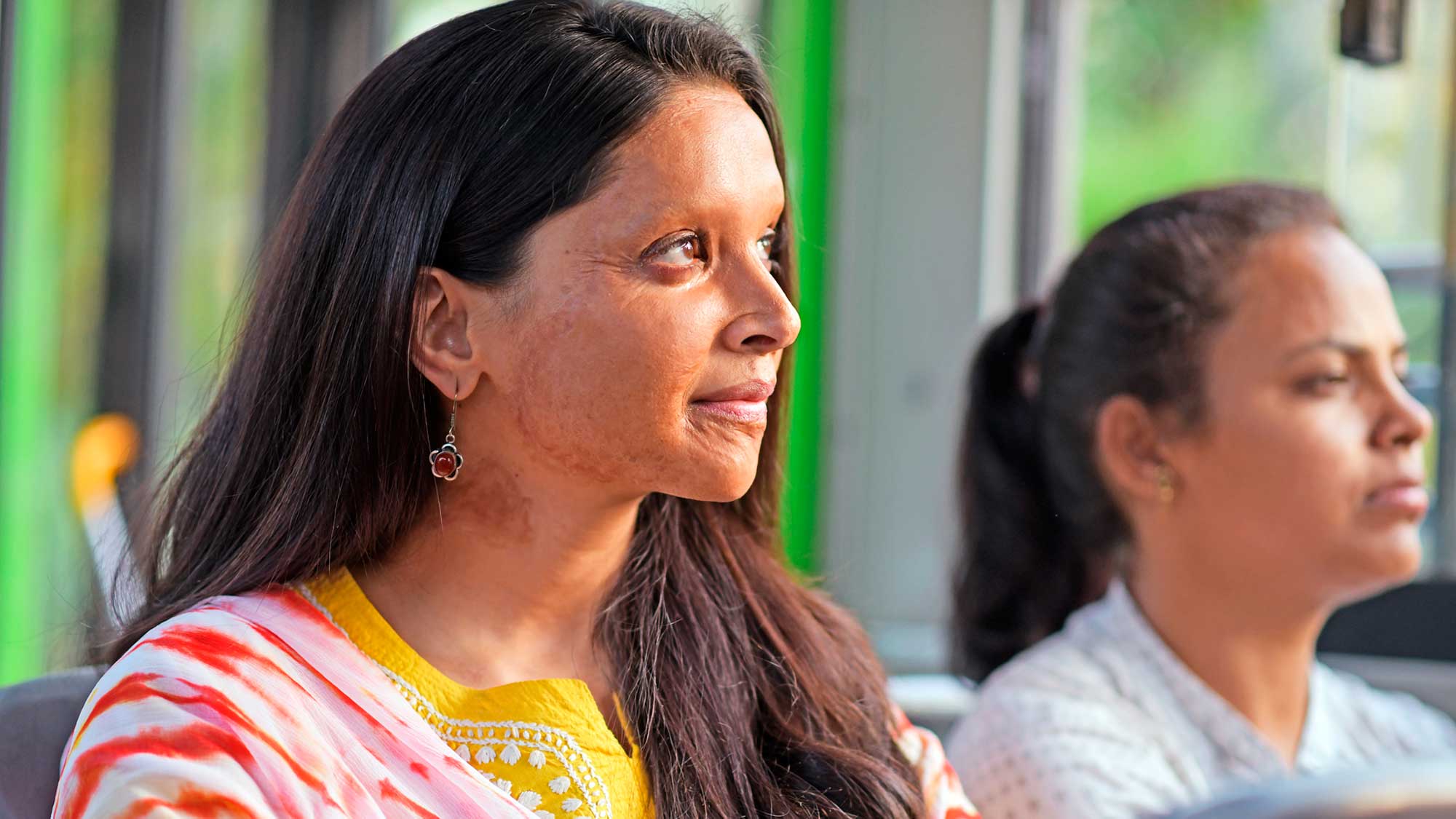
Laxmi was 15 when she was brutally attacked by a man furious she had rejected his advances. Her subsequent fight to change the law on acid violence in India made her a global women’s rights advocate and now a new film, Chhapaak, charts her astonishing life story
Words by Alia Waheed
'I thought when I lost my looks, I was nothing. But I have spent half my life looking like this and realise beauty means nothing. What’s important is what you do and who you are. Now when people see me, they don't see my scars, they see my bravery and determination.’
As Laxmi utters these words she reaches up and tentatively strokes the map of scars on her cheek. It’s a face ravaged by acid but you get a glimpse of the beauty Laxmi, now 29, possessed before a brutal attack in 2005. However, this fleeting moment is soon eclipsed by a flash of determination in her eyes; eyes that hint at her journey from schoolgirl to global women’s rights campaigner.
This is the woman who battled for laws against acid violence in India. But, as the blockbuster Bollywood film based on Laxmi’s case was released in January 2020, new statistics on acid-based violence in India reveal her fight for justice is far from over. The film, Chhapaak (translates as splash in English), stars xXx: Return of Xander Cage actress Deepika Padukone - and it makes for harrowing viewing.
With its Strictly style dance routines and OTT storylines, perhaps Bollywood may not seem like the obvious genre for a film about acid attacks. Yet, in a country where Bollywood is akin to religion, it was perhaps the best way for Laxmi to get her message across. The release is particularly timely as new figures from the National Crime Records Bureau revealed there were nearly 1,500 acid attacks in India between 2014 and 2018 - the highest number of cases in the world.
Understandably, Laxmi views her life in two halves: before and after the attack. With ebony hair down to her waist and striking dark-brown eyes, 15-year-old Laxmi looked like one of the Bollywood actresses whose faces still grace billboards lining the busy roads of her hometown, New Delhi.
Marie Claire Newsletter
Celebrity news, beauty, fashion advice, and fascinating features, delivered straight to your inbox!
'When I look at old photos of myself, it feels like I am looking at a different person. I was beautiful,’ she tells Marie Claire.
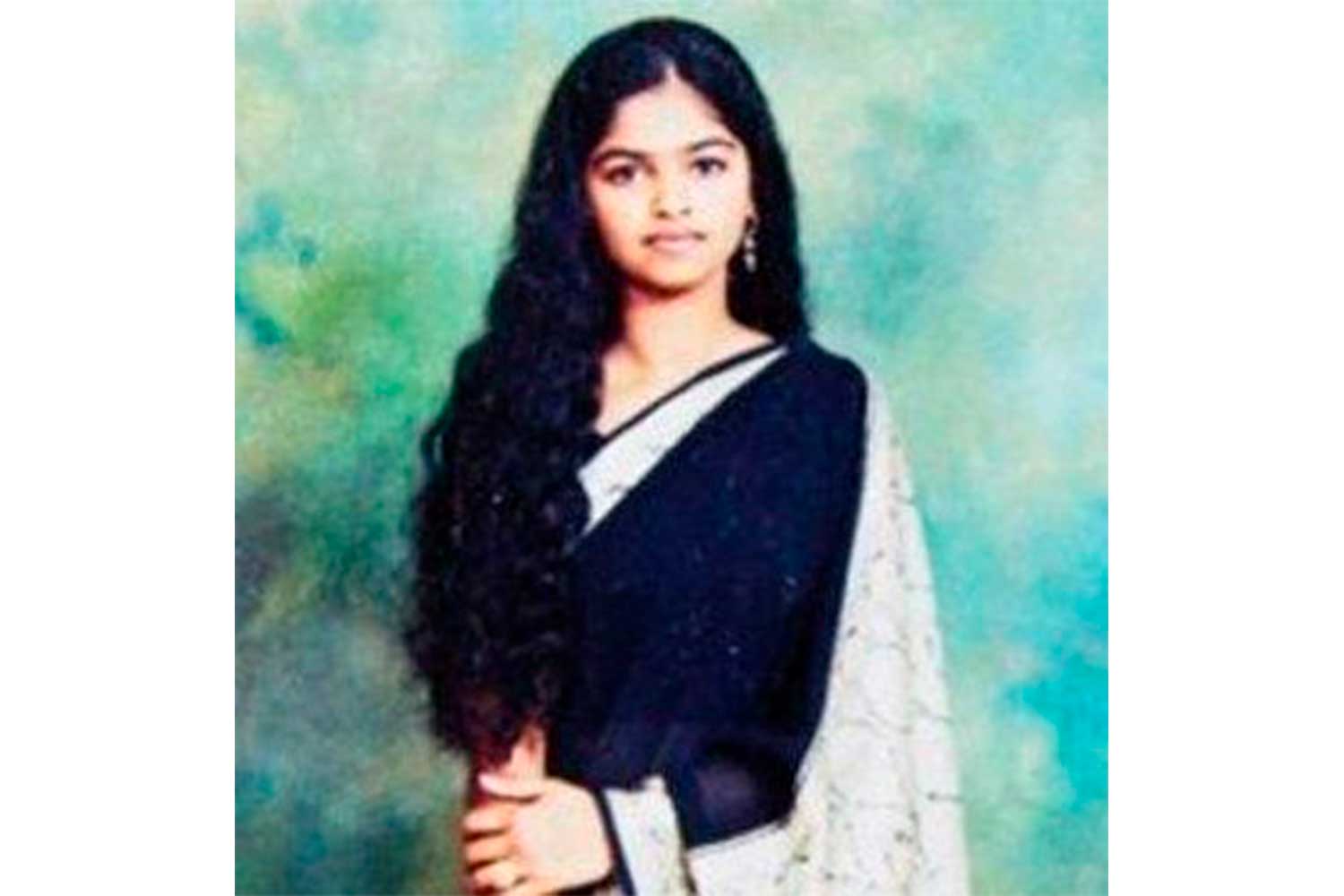
In fact, it was her striking looks that caught the attention of 32-year-old Naeem Khan, the older brother of a friend of Laxmi’s. He soon began bombarding her with calls and texts and turning up outside her school gates, flitting from OTT declarations of love to vicious anger at the slightest sign of rejection.
‘Wherever I went, he would turn up. And he slapped my face when I refused him. I wasn’t flattered, I was scared because he was much older than me. I wasn’t interested marriage. I had my own dreams and wanted to finish school and be a singer. I was scared that if my parents found out, I would be in trouble and they would make me leave school and get married. I couldn’t call the police because it would cause an uproar,’ she says.
‘You hear of parents saying to their daughters, “Why would a guy chase after you? You are not some Miss World”, or, “What did you do to encourage him?” The responsibility is always on the girl instead of the man. What I didn’t realise is that by staying quiet, I became his enabler and gave him the power to abuse me.'
Like most teenagers, Laxmi loved Bollywood films and dreamed of becoming a singer like the contestants on her favourite TV show, Indian Idol. She even got a part-time job in a book store to save money for singing lessons after promising her parents she would keep up with her school work. It was while waiting at a bus stop one morning on her way to the store, that she was confronted by Khan, his older brother and his brother’s girlfriend.
‘They pushed me to the ground and poured bottles of liquid over me. I thought it was water, but when the molten burning began, I realised it was acid. I started screaming and rolling around in the street, trying to make the pain stop. People just hurried past me. Then a taxi driver poured water over me and drove me to the hospital.
‘The nurses poured 20 buckets of cold water over me. I screamed in fear and pain because my mind was so messed up that I thought they were pouring more acid on me. Even after all that water, it was so strong that when my dad hugged me in the hospital, the liquid burned through his shirt,’ she says.
Laxmi was hospitalised for three months and underwent two major skin-graft operations to rebuild her face, nose, ears, neck and hands. She has since had a further five operations on her face. ‘The nurses made sure there was no mirrors in the room so I couldn’t see my face. When they brought me water, I tried to see my reflection, but I could only see the bandages.’
‘Eventually, after I begged them, the nurses gave me a mirror and when I saw my face, I screamed and fainted. It felt like a horrible dream that I couldn’t wake from. I wanted to kill myself. The physical pain was so immense from the attack and operations that I just wanted to die so the pain would stop. While [I was] processing that, [I]also had the emotional and psychological trauma to deal with, too.’
Yet Laxmi’s ordeal was far from over. Although Khan, along with his brother and his girlfriend, were arrested immediately after the attack, the police were unable to convict them because no law in the Indian judicial system existed against acid-based violence.
It was then - along with the support of her family and a lawyer, who took on her case for free - that Laxmi began her campaign to ban the sale of acid in India and establish laws against acid-based violence. A year after the attack, she took a petition to the Supreme Court calling for restrictions on the sale of acid.
‘I realised that if I killed myself, he had won and he still had power over me; every guy who throws acid at a girl because she rejected him would win. My family said,“Your face may have changed but your heart is still the same.” That was the one thing that kept me going - I didn’t want any other young girl to go through what I had.’
While fighting the courts and cultural prejudice within her own community, Laxmi also faced a daily battle with herself: coming to terms with her injuries.
‘After the first attack, you face attacks every day from society. People look at you like you’re a monster and judge you or ask what you did to make a guy attack you. I didn’t just lose my face that day, I lost who I was and my self-confidence. I was scared to go out in public for a long time afterwards,’ she says.
‘One of the hardest things is the sheer loneliness and isolation. Kids would literally scream in terror when they saw me, and people would cross the street to avoid me. I thought nobody would fall in love with me and that I wouldn’t have the life other girls my age take for granted.’
In 2010, Khan was convicted and jailed for ten years and as a result of Laxmi’s high-profile campaigning, in 2013 the Supreme Court accepted her petition for regulations on the sale of acid. Stricter sentences on perpetrators were finally in place, with a maximum sentence of ten years in prison.
A year later, Michelle Obama presented Laxmi with the International Women of Courage Award.
However, despite changes to the law, the number of acid attacks remain worryingly high in India, and the substance is still relatively easy to get hold of. Unsurprisingly, many women’s rights groups believe reported numbers are just the tip of the iceberg. Conviction rates are also woefully low and, for the women scarred for a lifetime, they offer little in the way of justice.
Jaf Shah from Acid Survivors Trust International explains, ‘Acid attacks were recognised as a crime in 2013 thanks to Laxmi’s case. This led to increased numbers of survivors coming forward to report their attack in order to gain justice. So the increase [in cases] can partly be explained by more survivors reporting to the police.
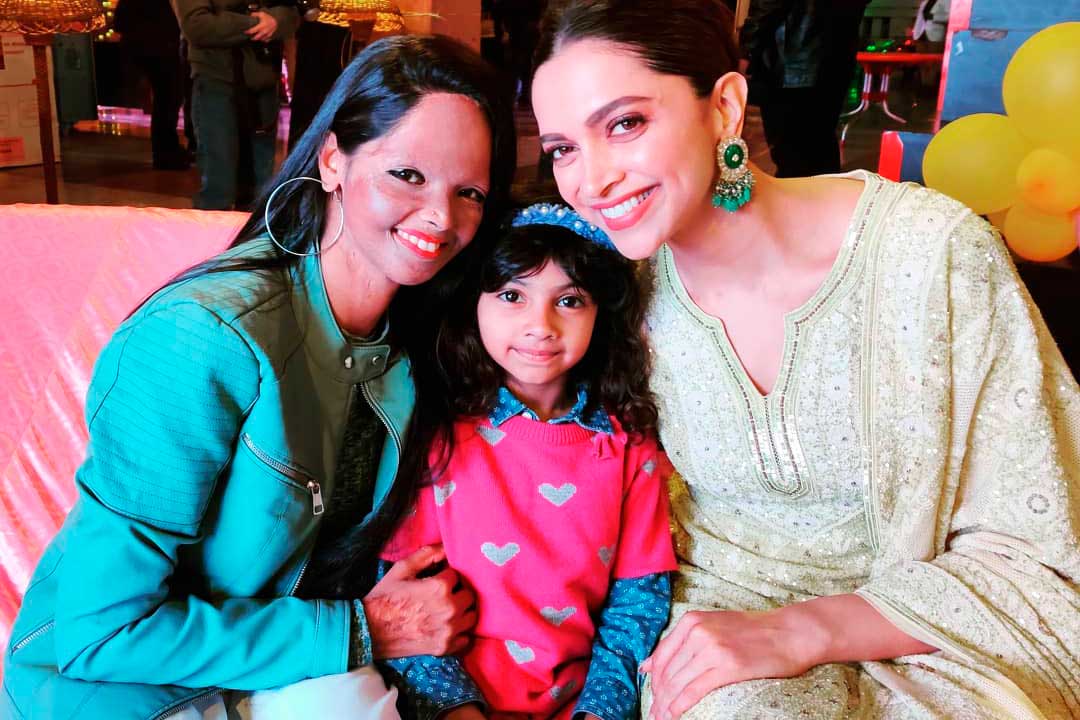
‘However, the social environment that enables violence against women - whether that be rape or acid attacks - continues unabated,’ Shah adds. ‘It is a patriarchal culture and issues such as dowry, concepts of family honour and inequality permeates society.
‘In this context, it is not shocking that violent acts such as acid attacks continue. There is also the failure to uphold laws when it comes to sales of acid. Acids remains too easily accessible by would be perpetrators.’
Laxmi has dedicated herself to running the Chhanv Foundation - a non-governmental organisation based in New Delhi dedicated to helping survivors of acid attacks. She has become one of the most recognisable faces in India; has graced the pages of Vogue India; and counts fellow acid attack-survivor Katie Piper as a friend and fan.
‘I’m so thrilled Laxmi’s story has been given this platform,’ Piper says. ‘You will see from the film that, in these territories, [women] are often shunned and given no support, making recovery impossible. We have a duty to stand by women like this and give them a voice and an international platform to remove the stigma of these injuries and give them the best second chance at life.’
Laxmi now has a six-year-old daughter called Pihu. And as has been the pattern throughout her life, Laxmi defied social convention by choosing not to marry the man she eventually fell in love with - Alok Dixit, the founder of Stop Acid Attacks organisation. They met when he offered her a job as a junior coordinator, but after living together they eventually split up in 2015.
'I never believed I would find love or have a family after the attack,' says Laxmi. 'I thought those doors were closed for me, but it happened and I have my daughter who is the love of my life. At first I was scared of having a child - whether she would love me or be repulsed by my face. But when I held Pihu in my arms and looked into her eyes. I couldn't believe something so beautiful could be a part of me. She has inspired me to work harder to make the world a safer place for the girls of her generation.'
Chhapaak is in cinemas now
The leading destination for fashion, beauty, shopping and finger-on-the-pulse views on the latest issues. Marie Claire's travel content helps you delight in discovering new destinations around the globe, offering a unique – and sometimes unchartered – travel experience. From new hotel openings to the destinations tipped to take over our travel calendars, this iconic name has it covered.
-
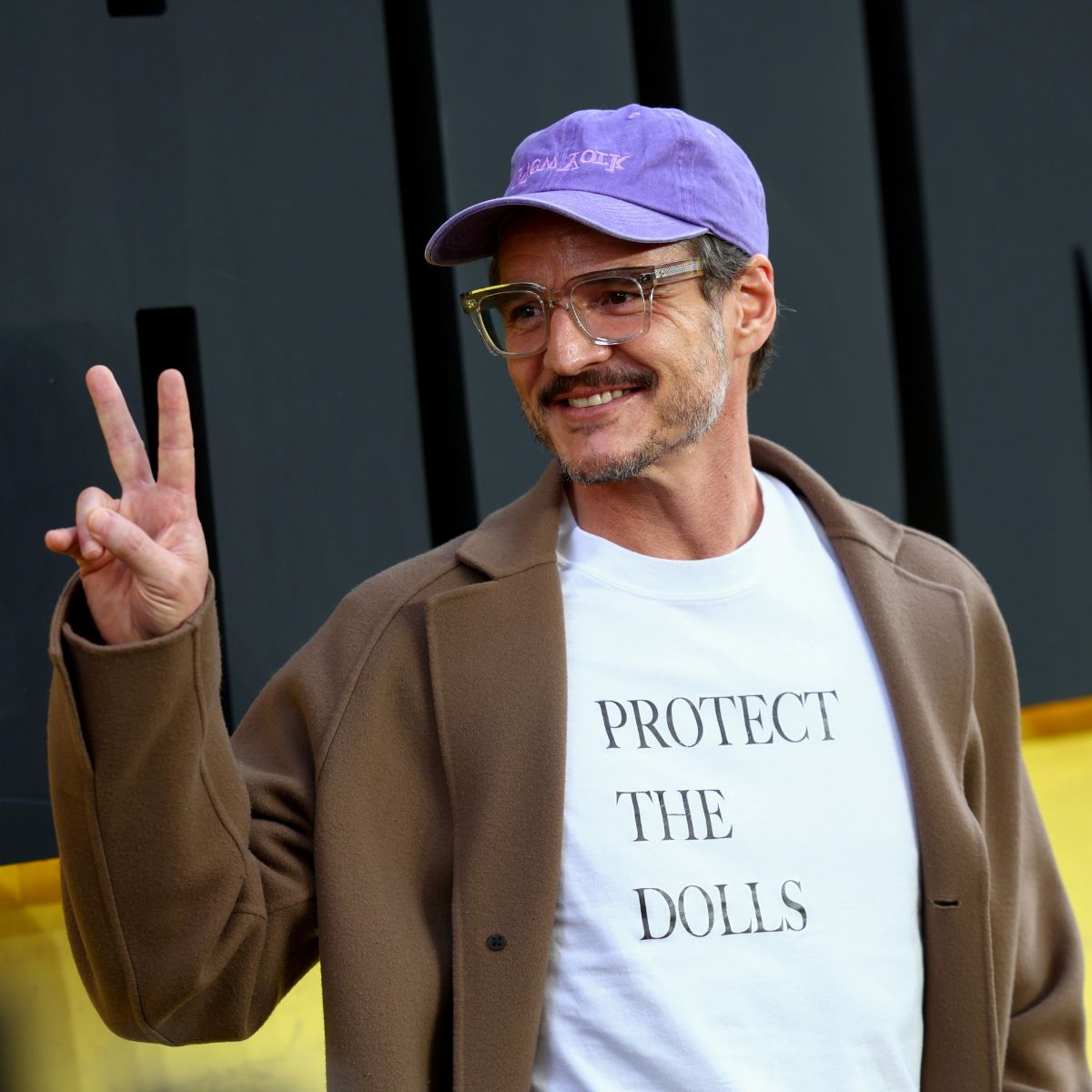 How the slogan t-shirt became this season's must-have - and why it's more than just another trend
How the slogan t-shirt became this season's must-have - and why it's more than just another trendNot just another Nineties throwback
By Clementina Jackson
-
 How are Trump’s tariffs affecting the fashion industry?
How are Trump’s tariffs affecting the fashion industry?The fluctuating situation in the US is having very real consequences
By Rebecca Jane Hill
-
 Here's every character returning for You season 5 - and what it might mean for Joe Goldberg's ending
Here's every character returning for You season 5 - and what it might mean for Joe Goldberg's endingBy Iris Goldsztajn
-
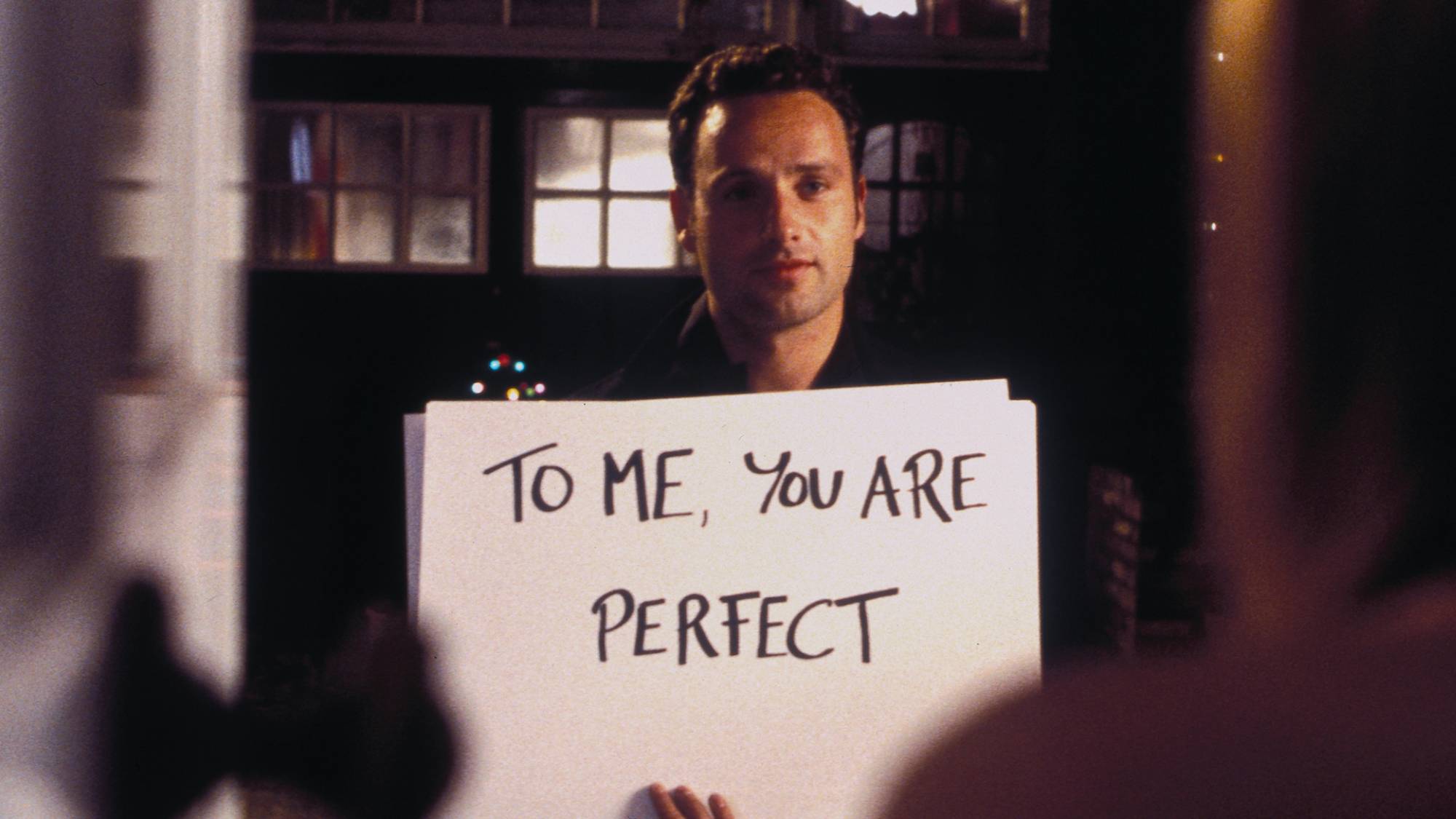 This weird Love Actually fan theory is going viral and it actually makes a lot of sense
This weird Love Actually fan theory is going viral and it actually makes a lot of senseMinds. Blown.
By Jadie Troy-Pryde
-
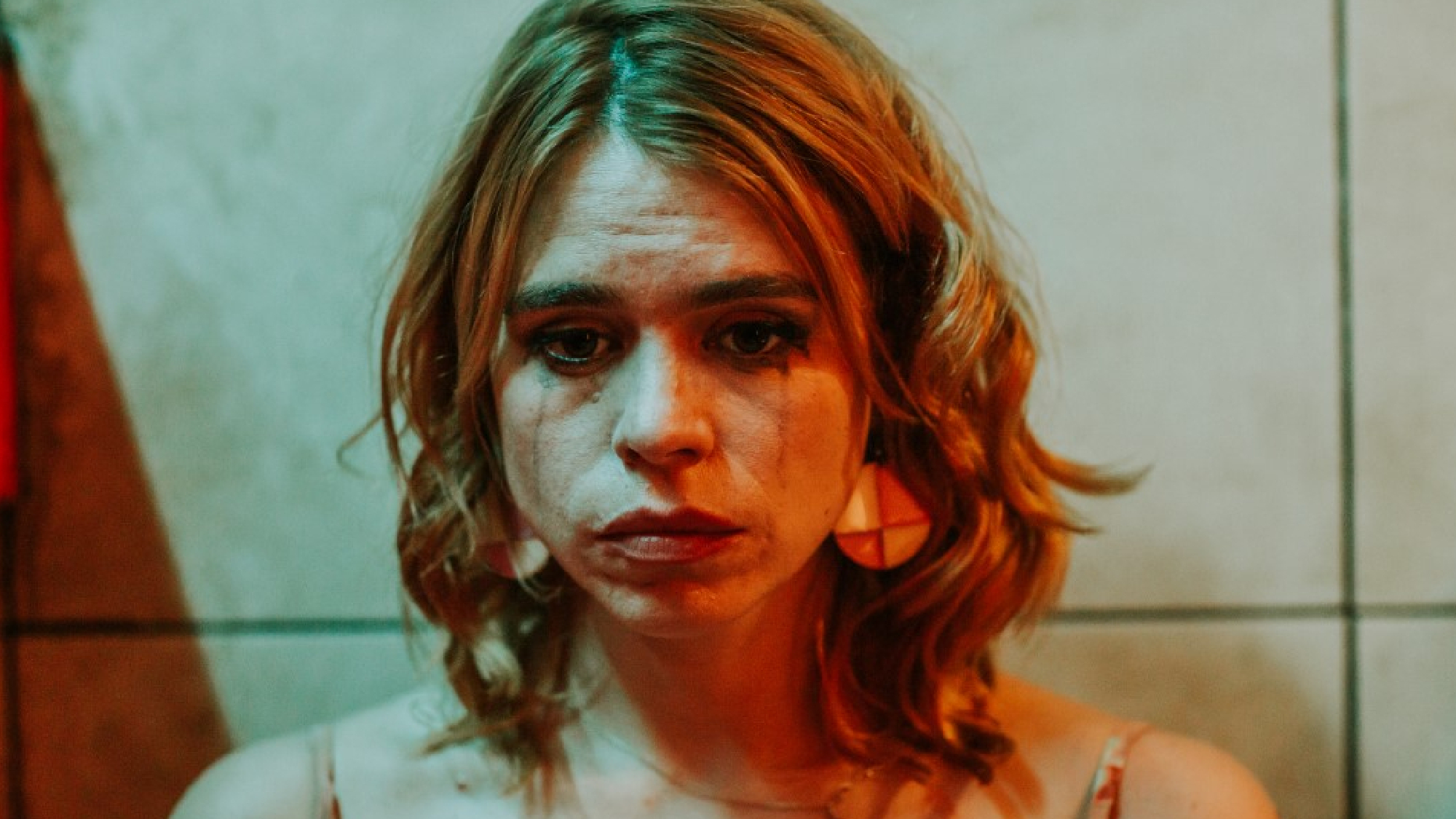 Billie Piper: "Modern love is really hard"
Billie Piper: "Modern love is really hard"As her directorial debut, Rare Beasts, hits cinema screens to rave reviews, Billie Piper shares the process behind making it - and why she was determined not to paint women as victims or wallflowers.
By Sophie Goddard
-
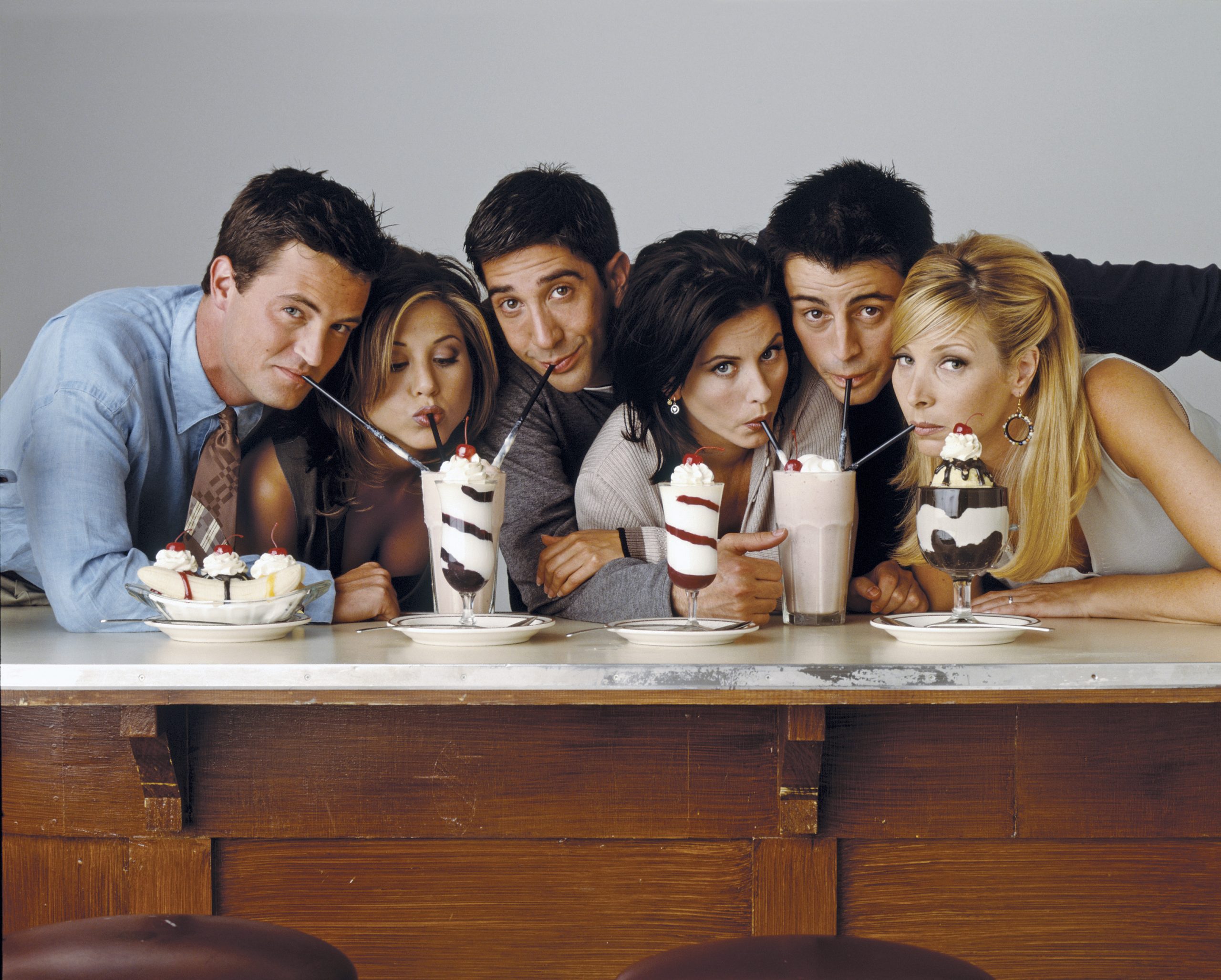 Why is everyone so obsessed with the Friends reunion?
Why is everyone so obsessed with the Friends reunion?The One Where They Get Back Together is streaming this Thursday, but why is everyone losing their minds over it?
By Sophie Goddard
-
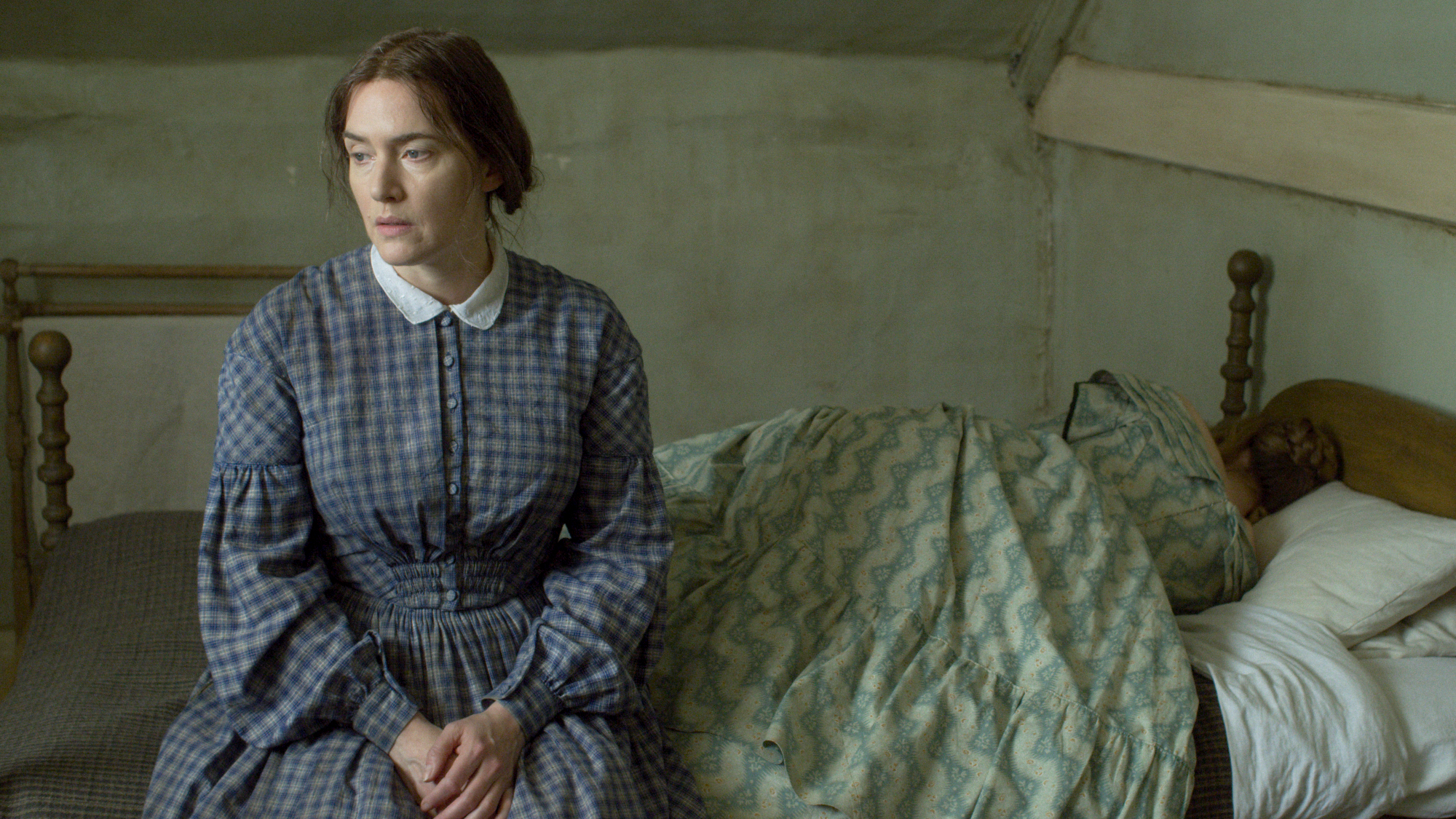 Kate Winslet: “Women know what women want”
Kate Winslet: “Women know what women want”She plays palaeontologist Mary Anning in the film everyone's talking about - here, Kate Winslet fills us in on the making of Ammonite (and yes, that sex scene...)
By Sophie Goddard
-
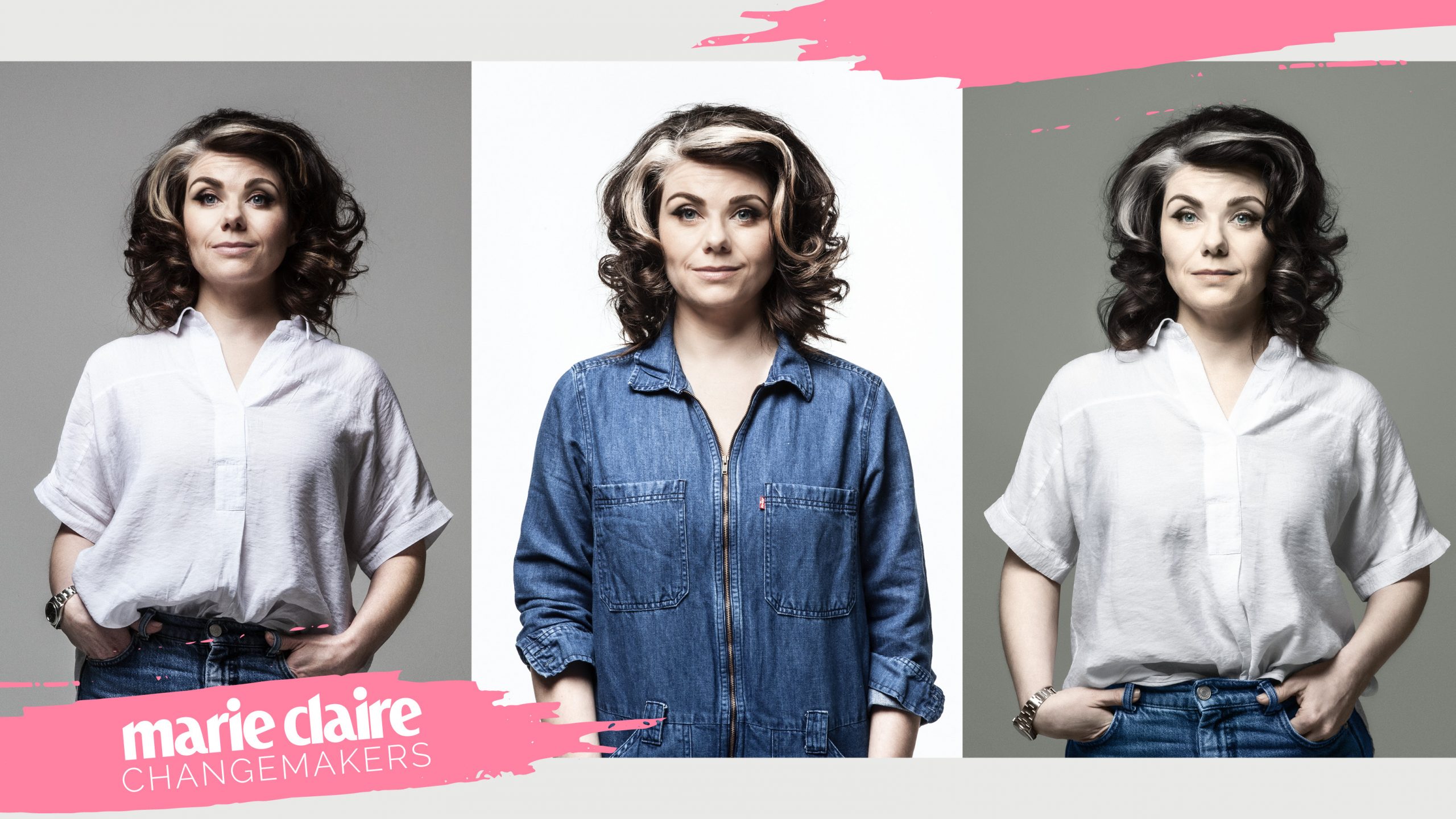 Caitlin Moran: 'The only argument you should be having in feminism is one with yourself'
Caitlin Moran: 'The only argument you should be having in feminism is one with yourself'By Jenny Proudfoot
-
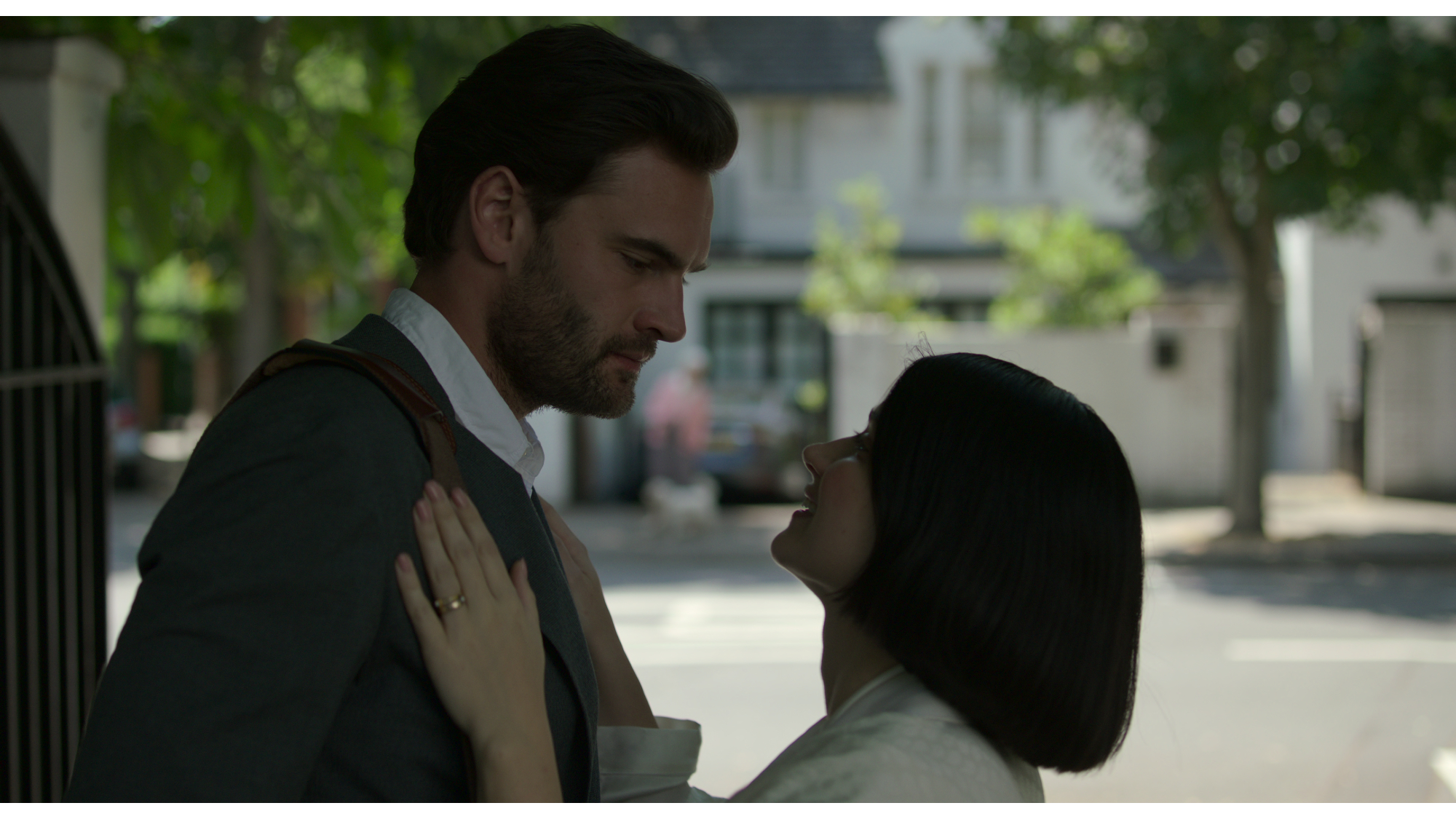 10 questions we had watching Behind Her Eyes
10 questions we had watching Behind Her EyesTrust us, you'll be just as obsessed with the new Netflix thriller starring Simona Brown, Tom Bateman and Eve Hewson
By Sophie Goddard
-
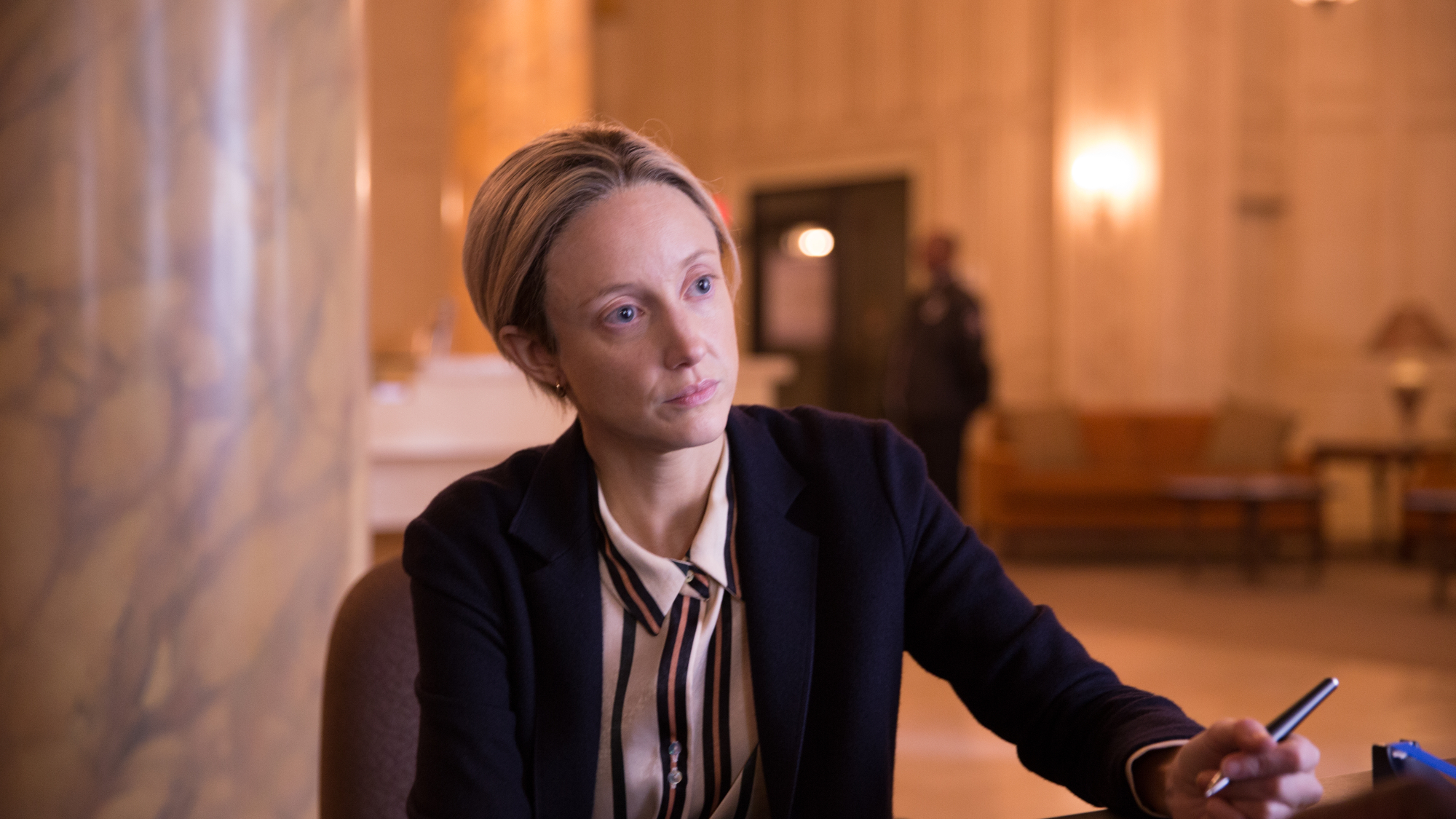 Andrea Riseborough: “There's no right way to do something differently but it's important to try"
Andrea Riseborough: “There's no right way to do something differently but it's important to try"She’s starred in some of Hollywood's biggest blockbusters and is now about to play a key member of a dangerous, cocaine-smuggling family in new crime drama ZeroZeroZero. Here, Newcastle-born actress Andrea Riseborough talks about her latest role and the landscape for women in Hollywood after #MeToo...
By Sophie Goddard
-
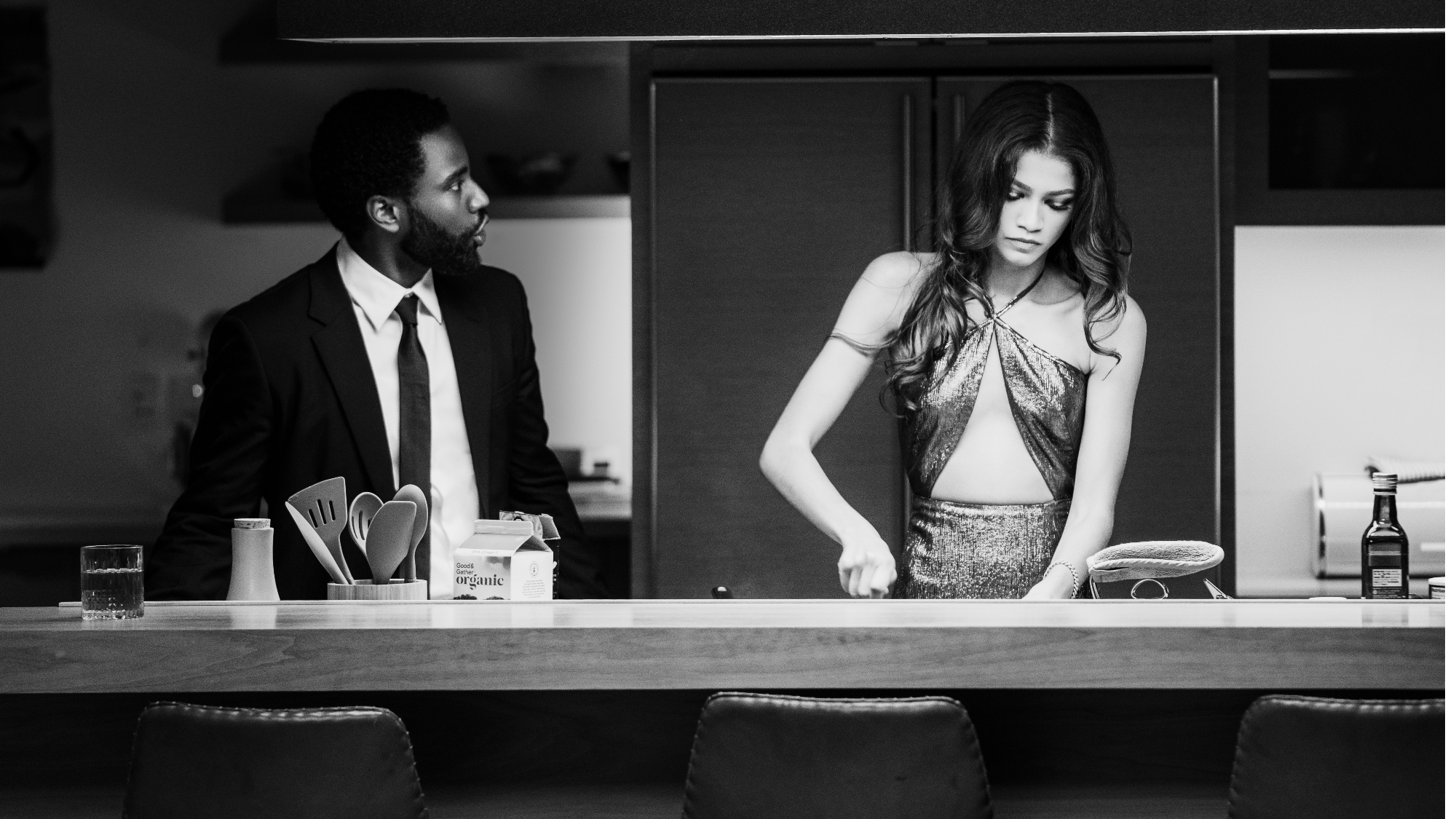 9 things you need to know about Malcolm & Marie
9 things you need to know about Malcolm & MarieFan of Euphoria? Then chances are, Malcolm & Marie is already on your radar. Written by Euphoria creator Sam Levinson, Malcolm & Marie stars Euphoria lead Zendaya and John David Washington (the pair also produce) who play a couple returning home after a movie premiere to an almighty argument. Here’s what you need to know about the love story with a twist.
By Sophie Goddard